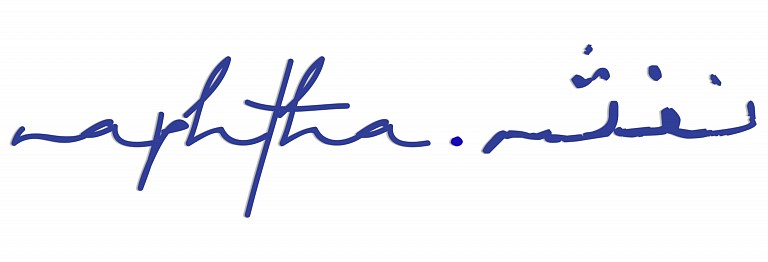
Naphtha Exhibition A Group Exhibition Curated by Moath Alofi
June 8, 2019
Commissioned by the Ministry of Culture of the Kingdom of Saudi Arabia, Naphtha inaugurates Khuzam Palace’s relaunch, around the theme of oil and politics. The works selected explore the broad and deep consequences of oil on both social and environmental aspects, departing from the Kingdom and branching out to the rest of world.
Built in 1932, Khuzam Palace was the main residence of King Abdulaziz in Jeddah, equally reputed as the location of the historic signing of Saudi Arabia’s first oil agreement with the United States of America, in 1933. A crucial event that shaped the course of development of the then young country that was Saudi Arabia.
For the first time in its history, the palace is being utilised as an exhibition space, with its extensive outdoors and majestic yet perplexing architecture.
The exhibition proposes to highlight this historical event, exploring its social and environmental effects locally and globally. The show focuses on the signing of the treaty as a catalyst for change in the kingdom. Examining the inherent consequential wealth after the oil discovery and the resulting socio-geopolitical repercussions in the region.
The aftermath on the social and environmental impacts of this accord, here become the core premise of the exhibition. Through the use of varying medium, artists examine how the signing of Saudi’s very first oil agreement, its intricacies and loopholes became the sole impetus in configuring the identity of a nation. Visitors are invited to reflect on how this is perceived by Saudi Arabian nationals and the different ethnicities co-habiting the country. Power strategies are analyzed and evoked as intrinsic dynamics arising from a commodity as global and determining as oil.
The word naphtha is from Latin and Ancient Greek (νάφθα), derived from Middle Persian naft (wet, naphtha), the latter meaning of which was an assimilation from the Akkadian napá¹u (see Semitic relatives such as Arabic Ù†ÙŽÙْط nafá¹ (petroleum),and Hebrew × Öµ×¤Ö°×˜ neft). In Ancient Greek, it was used to refer to any sort of petroleum or pitch. As early as the 1st century ad, naphtha was mentioned by the Greek writer Dioscorides and the Roman writer Pliny the Elder. Alchemists used the word principally to distinguish various mobile liquids of low boiling point, including certain ethers and esters. (Britannica)
Participants Artists
Khalid Bin Afif, Nora Al-Issa, Abdullah Al-Malki, Awdh Al-zahrani, Tarfa Fahad, Rashed Al-Sha’ishai, Mohamed Monaiseer, Abdulrahman Nugamshi, Khalid Oraij, Muhannad Shono, Nadya Suvorova, , Rayyane Tabet, Khalid Zahid, Zain Zedan.
Back to News



